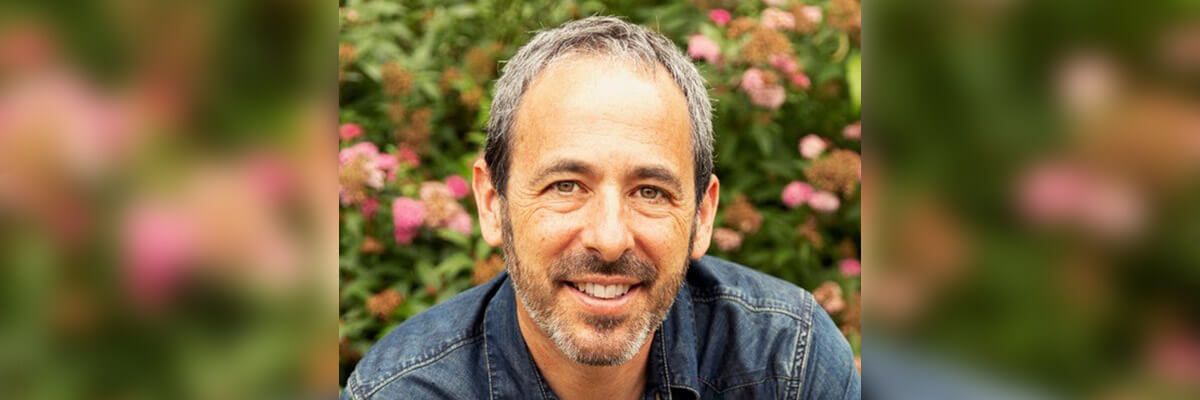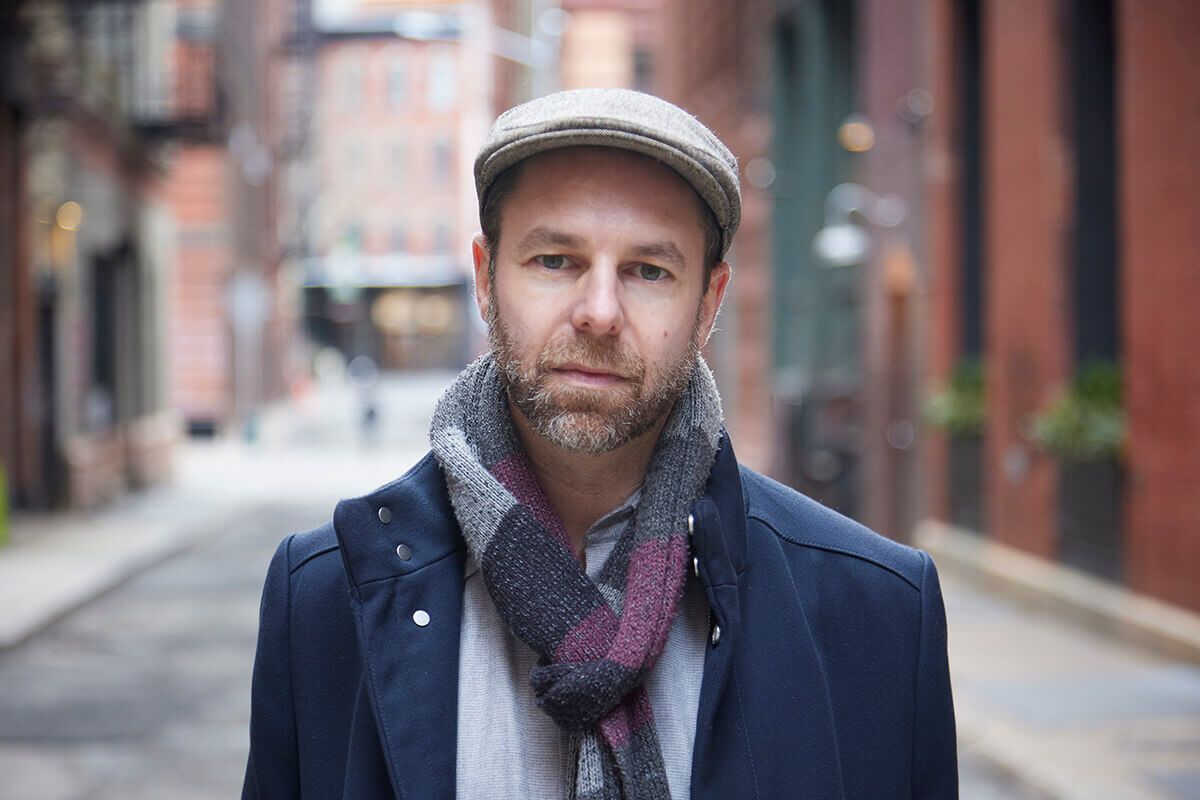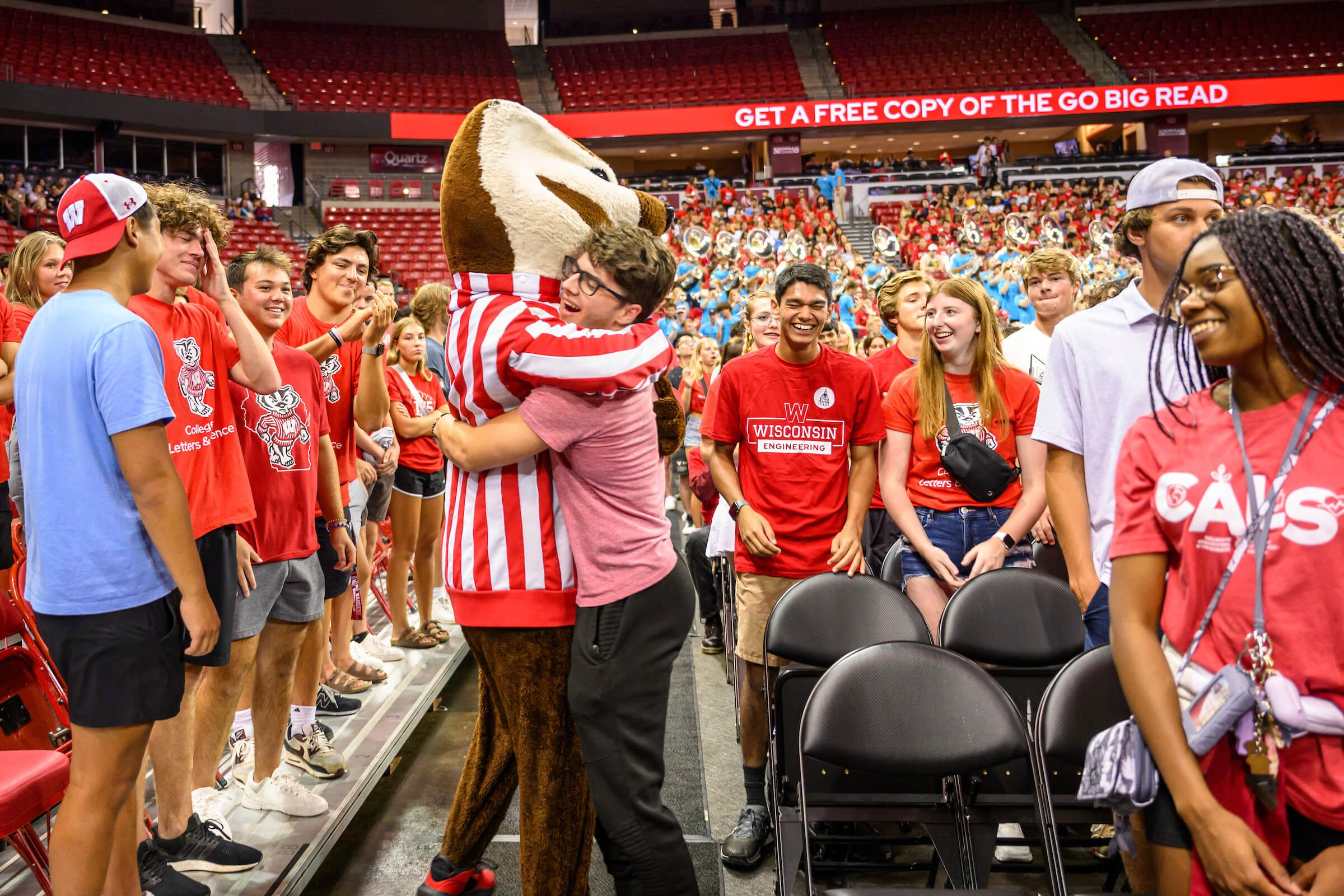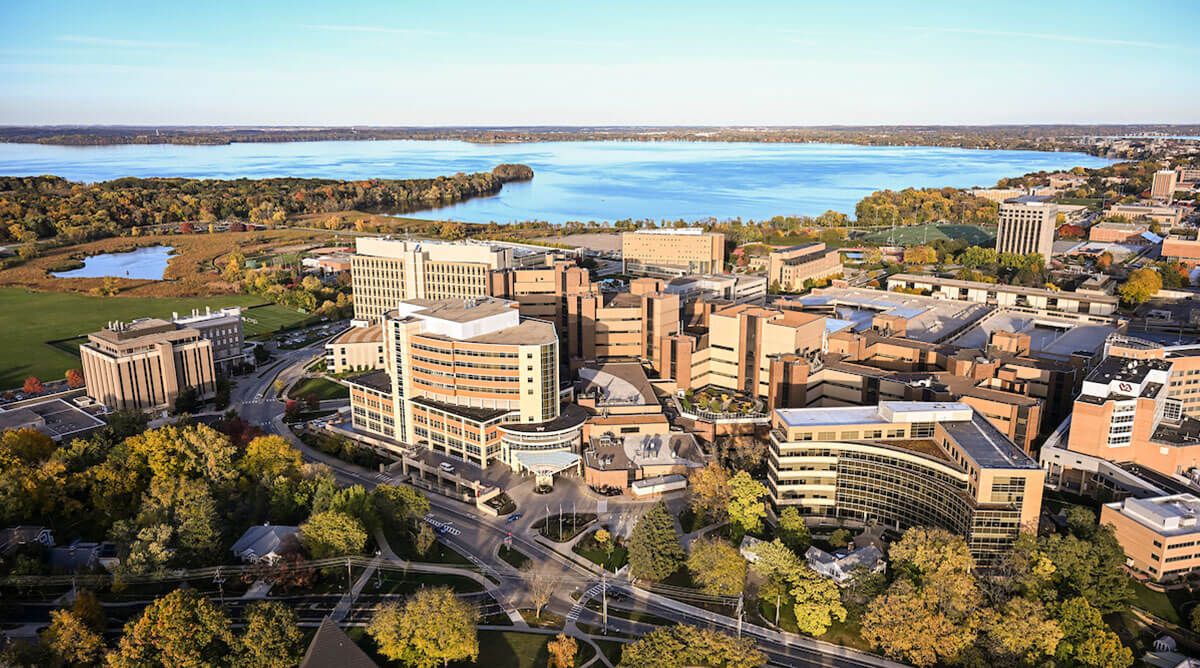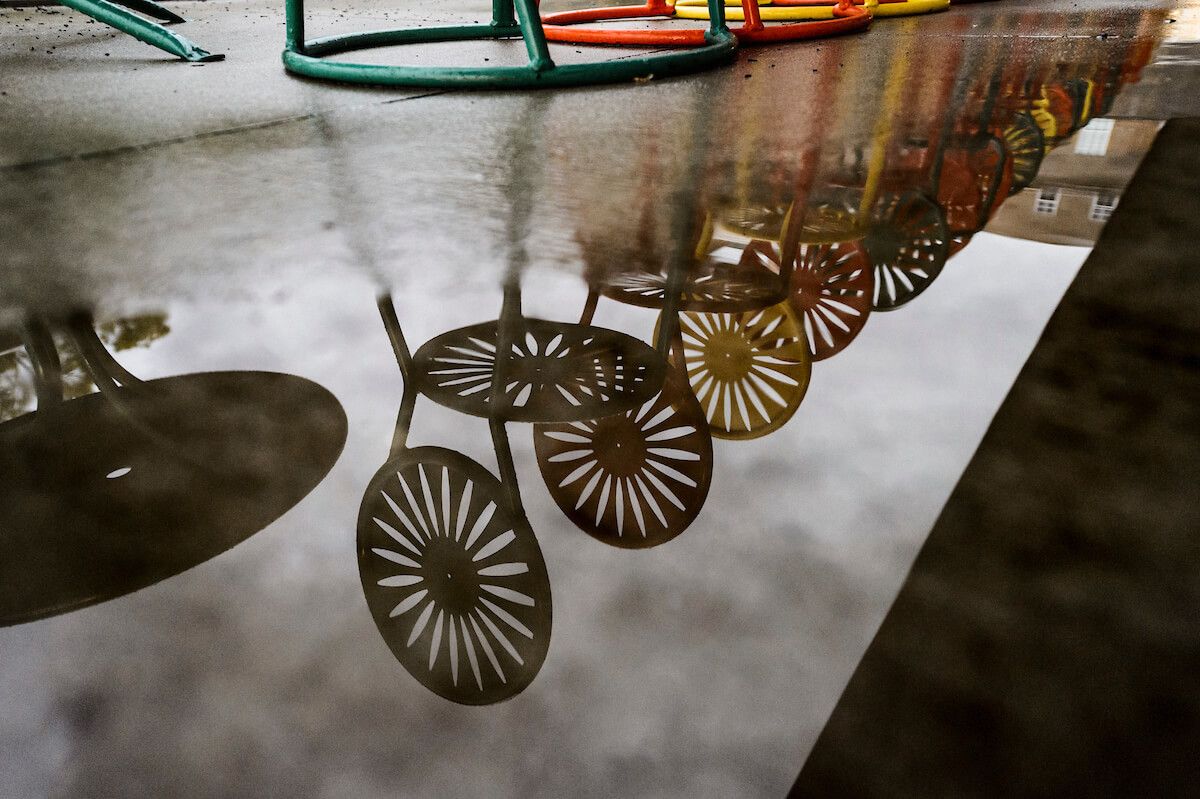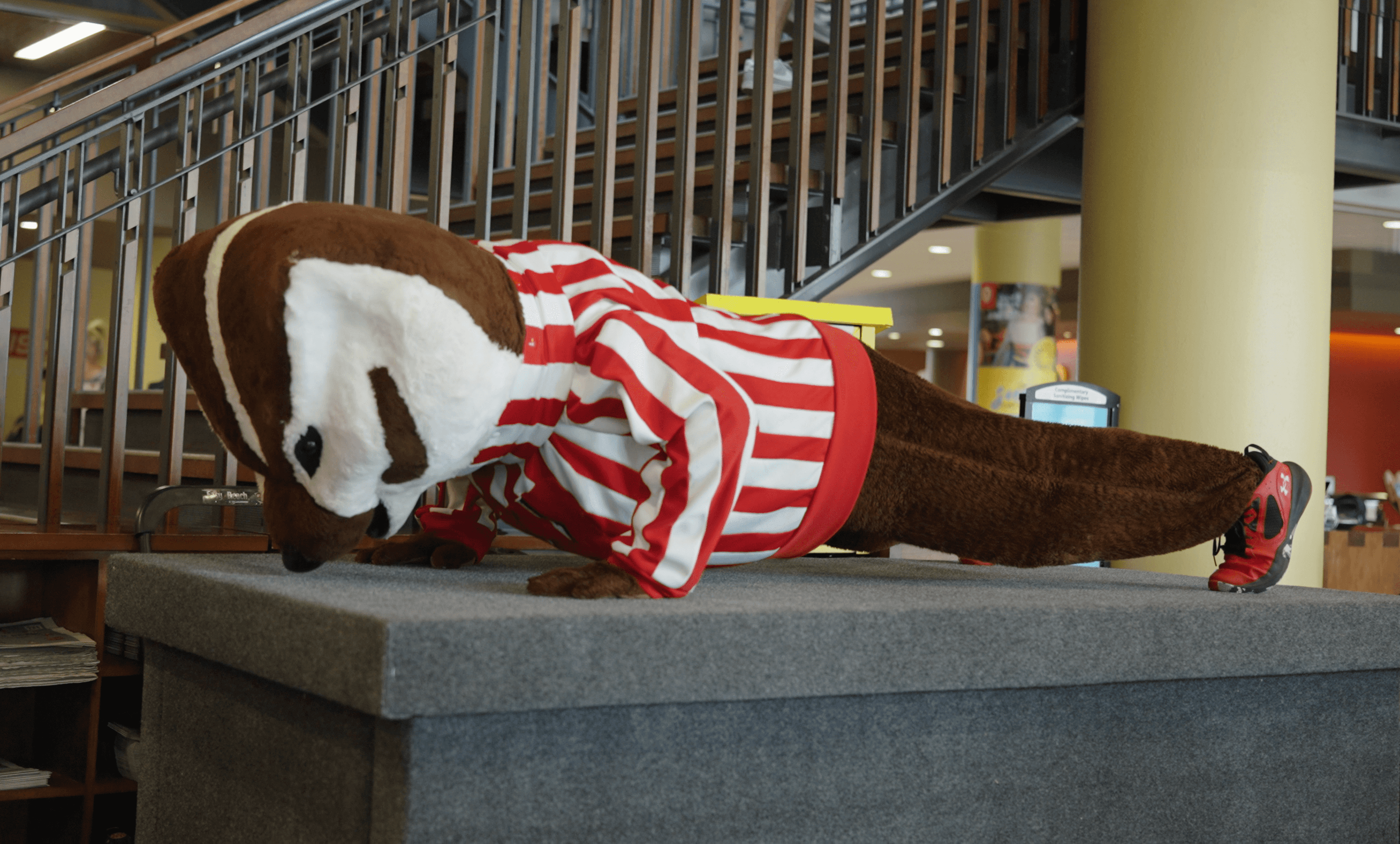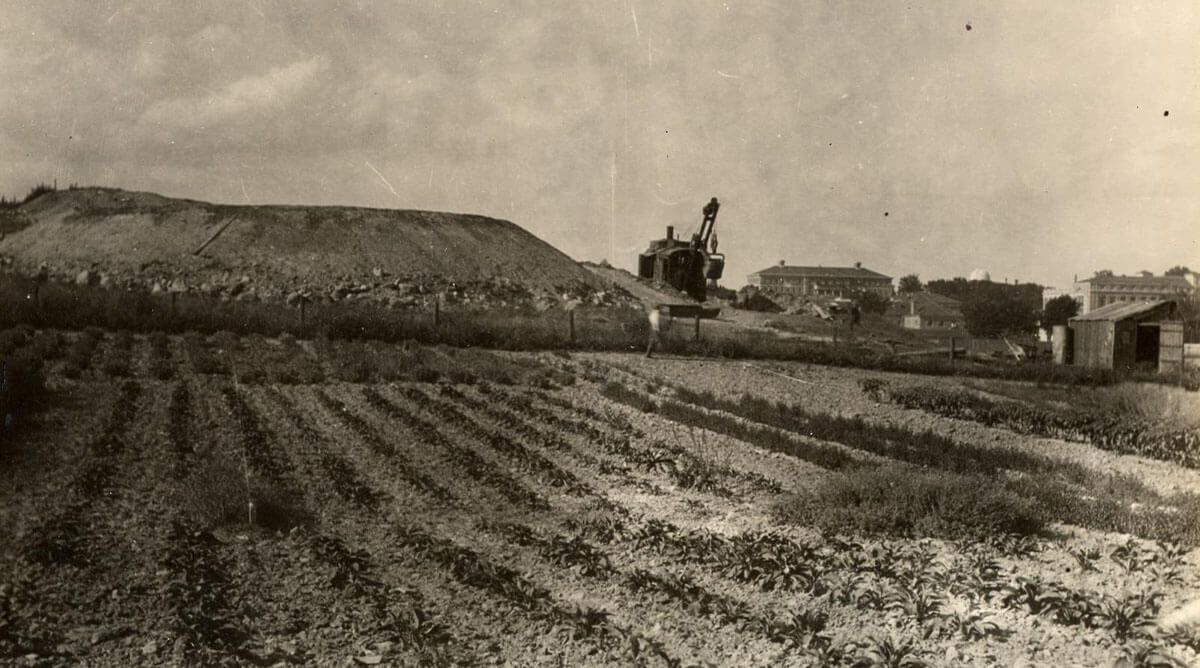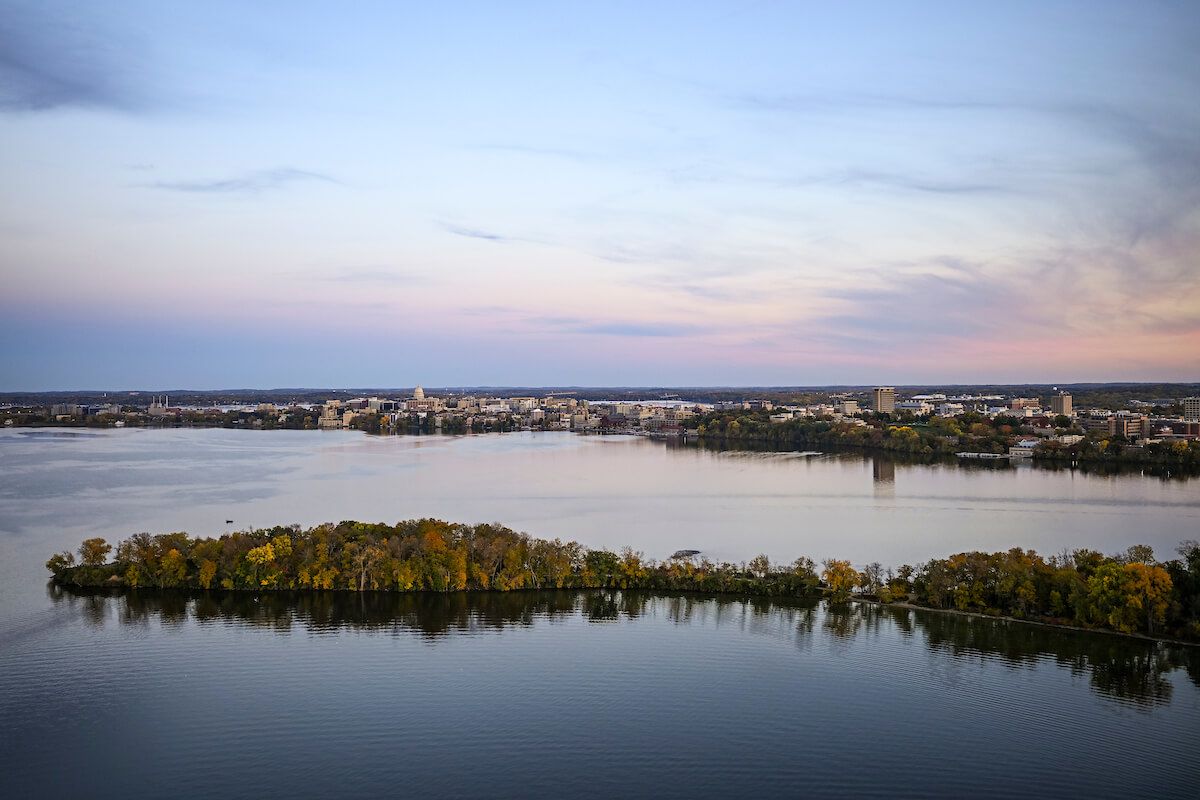Raised in the Northeast, trained in the history of the South, and teaching in the Midwest, Stephen Kantrowitz knows that questions surrounding identity, citizenship, and belonging are not bound by geography. The Plaenert-Bascom Professor of History’s research spans topics such as white supremacy in the post–Civil War South, Black activism in 19th-century Boston, and, in his latest book, Ho-Chunk sovereignty and citizenship. Kantrowitz’s work demonstrates that the problems of the past aren’t as distant as we’d like to think, so maybe it’s unsurprising that even after decades in Madison, he continues to find inspiration right outside his office door.
How did you decide to study the Ho-Chunk Nation?
Well, it was two prior paths that converged more than 10 years ago now. While I’d been studying 19th-century America, I’d been studying it as though its history was about 200 to 300 years old and not tens of hundreds of years [of] human habitation. I began to study the history of this region as a Native place, and that led me directly to Ho-Chunk history. As soon as I did a little bit of reading in Ho-Chunk history, I realized that the word and concept and the legal formula of citizenship had actually played a really interesting and unexpected role in the Ho-Chunk people’s ability to maintain legal residence in Wisconsin, despite having lost this land in a series of treaties in the earlier 19th century. That felt like kismet, like I had to figure out what was going on here. It was a way in for me, intellectually, into what was otherwise a pretty unfamiliar territory.
Is there a common misconception about citizenship in the 19th century?
Citizenship was incredibly poorly defined — in fact, not defined at all — until after the Civil War. It isn’t until the United States passes the Civil Rights Act and the 14th and 15th Amendments that we get anything approaching a clear, black-letter definition of who is or is not a U.S. citizen: “All persons born or naturalized subject to the jurisdiction of the United States are citizens of the United States and of the states in which they reside.” But also in that moment, there are lots of Native people who don’t fit in the categories that the United States is imagining. That lack of clarity creates a real opening for them to begin to seize that word, that name — citizen — and use it as a right to remain here.
What do you hope people take away from your new book, Citizens of a Stolen Land?
I want people to understand that American states like Wisconsin and the American nation, the United States, were born out of a lot of things, but one of the things … was the fairly naked and unapologetic conquest of another people’s homeland. That process unfolded with great violence and at great cost but did not actually fully succeed because Native people were so determined not to have themselves and their society swept away by that process. In some places, that means that Native peoples reconstituted themselves somewhere else. In some places, that means that they found ways to continue to constitute themselves in the very places that American power said they should not be.
You’ve worked with several public history projects including the UW’s Our Shared Future initiative and the Rebecca M. Blank Center for Campus History. Why is making history accessible to everyone important to you?
History’s not something that you should pick up in college, hold in your hand, look at for a minute, and put back down. History is a way of thinking about the world. And not everybody’s going to be a historian, but a historical mindset can constantly remind you that the way things are is not the way they have to be and that the way things are is the product of a series of histories that have converged in this moment.
These public-facing history projects are meant to expand — beyond the classroom — people’s opportunities to change their perspective on the world they live in and bring the possibility and the humility that comes with understanding that we live in history, and to some degree we make it, whether we know it or not. Not necessarily under conditions of our own choosing, not necessarily in the ways that we would wish, but we are it. We are in it, and we are doing it, and we are products of it. We can either be buffeted by that and feel confused and helpless, or we can try to understand our relationship to that and maybe exert some power over that.
Do you have a favorite class to teach?
Who is an American?, a course I started teaching about eight years ago. First of all, I teach it in the fall, freshman year, so I get students on their way in, and there’s nothing like being the first history class or even the first class Monday morning that they’ve ever had.
That class lets me range across U.S. history and think about a lot of different kinds of experiences of belonging and non-belonging, both in the ways that laws create those possibilities and in the ways that people’s own personal or collective struggles or experiences create those possibilities. It’s a lot of fun because it changes every semester that I teach it.
Is there a book or TV show that you recommend?
I want to recommend a Pulitzer Prize–winning book that’s about the history of the idea of equal citizenship in the United States. It’s called Until Justice Be Done: America’s First Civil Rights Movement, from the Revolution to Reconstruction by Kate Masur, a historian at Northwestern University. This book will change how you think about how people imagined and tried to create a principle of nonracial, equal citizenship well before the Civil War — who was doing it, what they did, how it worked and didn’t work, and how it produced the framework that we live with now. It’s a pretty amazing book that justifiably won a lot of prizes.
In a totally different vein, I want to recommend a three-season TV show on Hulu called Reservation Dogs. It’s about five young people growing up on the Muskogee Reservation. They’re dealing with complicated circumstances and perceiving limited options, but nevertheless, are trying to imagine futures for themselves. It’s also a comedy. It’s really one of the best pieces of television I can remember seeing. It’s very funny and very moving.
What are you currently working on?
Right now, mostly what I’m doing is public talks. I have an upcoming event at the Chazen Museum with Josie Lee ’10, PhD x’25, the Ho-Chunk Nation Museum and Cultural Center director. We do different kinds of Ho-Chunk history work because mine is scholarly publication [and] hers is museum work. Mine is from all the way on the outside, hers is from all the way on the inside, but we’ve been able to work together. We’ll be having a conversation about what it means to do work in different ways while focusing on the same history.
Have you already started thinking about your next book?
Since wrapping up this book and teaching Who is an American?, I started to think about my own Russian Jewish ancestors who came here at the turn of the century and how these themes of white supremacy and resistance to conquest and settlement I’ve been studying are also resonating through my own family history. One question I can’t seem to shake is what happens to our understanding of American history if we consider Abraham Lincoln not just in terms of his legacy for national conflicts over slavery and race, but as preeminently a settler president—a man who never doubted it was the destiny of the United States to incorporate virtually all of the land then belonging to Native people, and who pursued that vision throughout his life. How might that change the way we think about his significance in American history, and how might that change how we think about American history? I’ve done a little writing about this already, in my recent book and in a piece set in Madison called “Looking at Lincoln from the Effigy Mound.” It’s a long way off, maybe, but in some ways I feel as though 35 years in this profession have kind of been pointing me in that direction.
